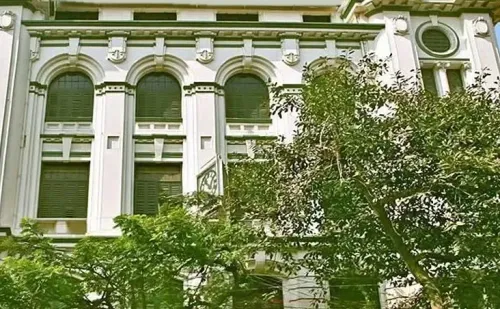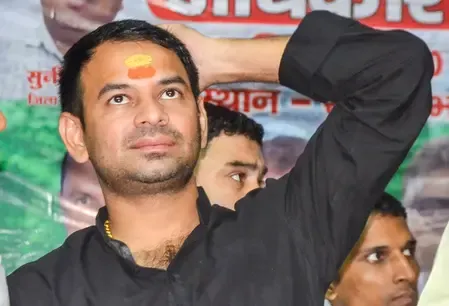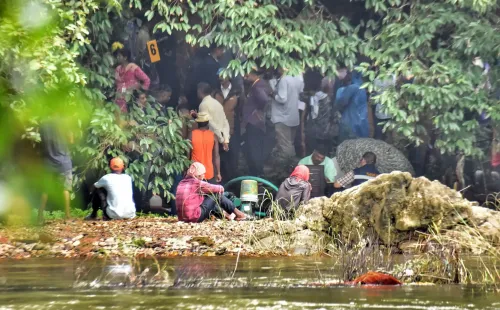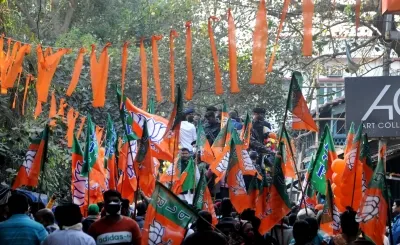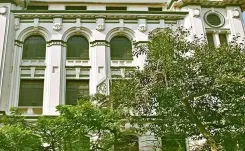How is TN Addressing Organ Transplant Oversight?
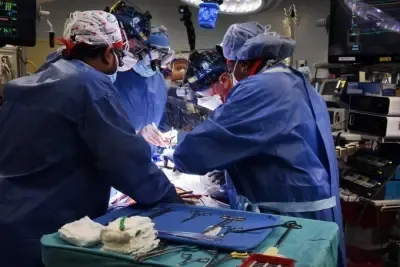
Synopsis
Key Takeaways
- Reconstitution of Authorisation Committees to enhance oversight.
- New measures for verifying donor-recipient relationships.
- Increased transparency and ethical compliance in organ transplants.
- Monthly reporting requirements for authorized hospitals.
- Processing fee established to support administrative costs.
Chennai, Sep 10 (NationPress) In light of ongoing allegations regarding kidney thefts and illicit organ transplants, the Tamil Nadu Health and Family Welfare Department has restructured the state and district-level Authorisation Committees. This initiative aims to bolster oversight and ensure accountability in organ transplantation processes.
The Government Order, released on September 8 by Principal Secretary, Health and Family Welfare, P. Senthilkumar, indicates that the reorganization was conducted in accordance with the Transplantation of Human Organs and Tissues Act, 1994, along with the rules established in 2014.
This strategic move is designed to improve transparency, enhance ethical compliance, and rebuild public trust in the organ donation framework within the state.
At the state level, the Authorisation Committee will now be led by the Director of Medical Education and Research, Kilpauk, Chennai. It will include the Deans of Stanley and Kilpauk Medical Colleges, senior police officials, a female doctor chosen by the Indian Medical Association (IMA), and representatives from the Directorate of Medical and Rural Health Services.
The state committee is tasked with reviewing applications from foreign nationals and out-of-state Indians requesting transplants in Tamil Nadu, while also overseeing the operations of district-level committees.
Four regional committees have also been established in Chennai (northern region), Thanjavur (central), Coimbatore (western), and Madurai (southern).
These committees, chaired by the Deans of the corresponding government medical colleges, will evaluate and make decisions on transplant applications within their respective areas.
Membership will consist of senior doctors, district administration representatives, senior police officers, and female doctors from the IMA. Their responsibilities include verifying donor-recipient relationships, validating document authenticity, and ensuring that there is no coercion involved.
In situations involving unrelated donors, additional scrutiny will be enforced with assistance from police and revenue officials. Reputable non-profit organizations may also be enlisted to provide counseling to donors and recipients regarding medical, legal, and psychological matters. To enhance record-keeping, all authorized hospitals are required to submit monthly reports on transplant applications and their outcomes.
A processing fee of Rs 2,000 per application has been established, with 50 percent directed to the state treasury and the remainder allocated for the operational costs of the committees.
Officials have highlighted that the revamped system strives to balance urgent medical requirements with robust protections against exploitation, ensuring that Tamil Nadu's organ transplantation framework remains transparent, accountable, and humane.

